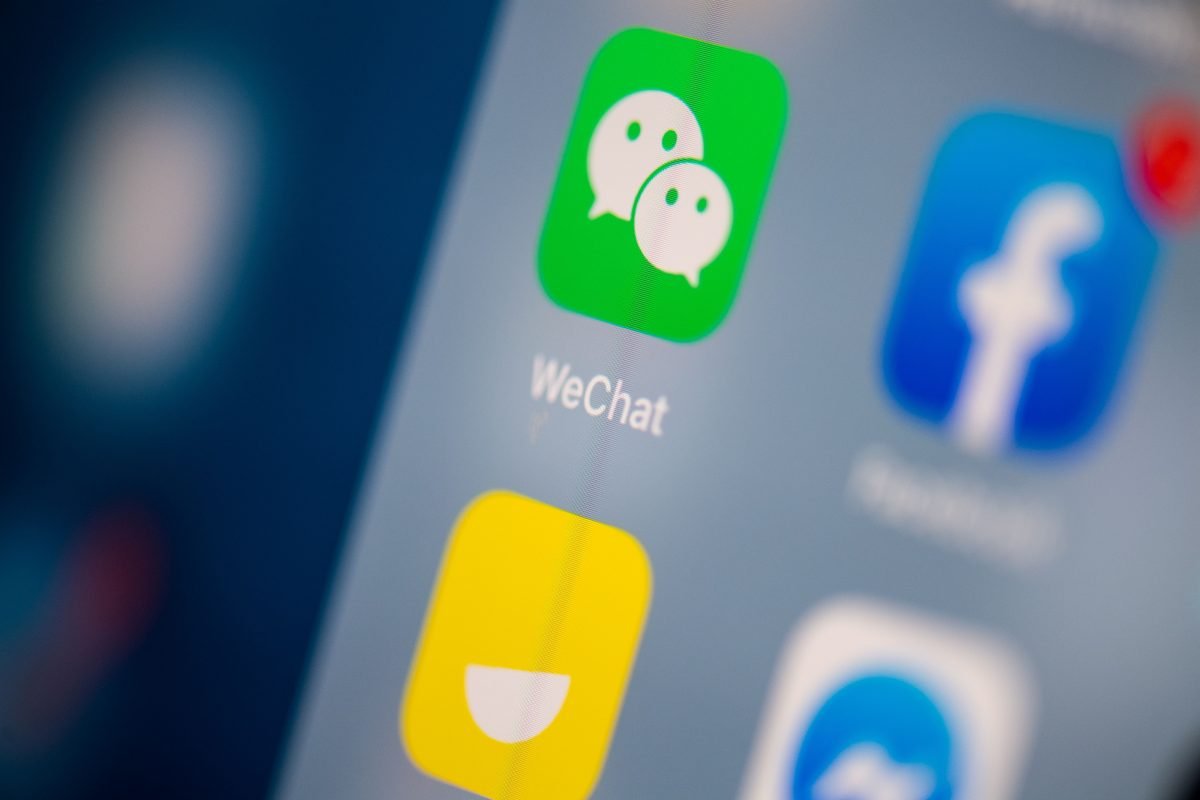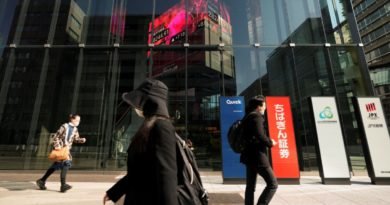WeChat Warned It Could Be Banned After Refusing to Appear at Government Inquiry

WeChat is facing a potential ban in Australia after the company refused to appear before a federal government inquiry into foreign interference.
The chair of the Select Committee on Foreign Interference through Social Media, Sen. James Paterson, said in a press conference on July 11 that the refusal showed how little regard WeChat and its parent company Tencent, which is tied to the Chinese Communist Party (CCP), has for Australia’s democratic process.
“WeChat and its parent company, Tencent, continue to show contempt for the Parliament of Australia by refusing to appear before the Senate Select Committee, despite being now invited on four occasions,” Mr. Paterson said.
A Chinese instant messaging, social media, and mobile payment app, WeChat, which is alternatively known as Weixin, was developed by the major conglomerate Tencent. Globally it was used by over 1.2 billion active users in the month of September 2020, with around 690,000 daily active users in Australia (pdf).
Sen. Paterson noted that WeChat was the only major social media company that refused to attend the hearings, which he said was deeply disturbing because the inquiry would draw conclusions from their lack of openness.
“It reflects very badly on WeChat and Tencent that they continue to refuse to do so,” he said.
“Compelling evidence has been put to the committee about their behaviour, including their surveillance and censorship and permissiveness for foreign interference, and we have serious questions to put to them that can only be asked in the public hearing. If they continue to refuse to appear, then the committee will have to draw inferences about them and their conduct.”
The senator speaking to Sky News on July 11, also said the refusal raised “very grave doubts about their willingness to comply with Australian law.”
As WeChat has no legal presence in Australia, the government has no power to compel the company to attend the inquiry.
WeChat More Dangerous Than TikTok: Expert
WeChat’s refusal to attend the inquiry comes after Seth Kaplan, a lecturer at Johns Hopkins University, who advises organizations such as the United Nations, U.S. State Department, and the OECD, told the parliamentary inquiry in April that he believed WeChat posed a bigger risk than TikTok.
“Everything that we fear about what TikTok may become already is occurring on WeChat,” Mr. Kaplan said.
“Narratives are managed, information in there is managed, dissenting views are demoted or eliminated, and it’s basically a narrative machine for the CCP [Chinese Communist Party] and what it wants to promote similar to what actually happens in China.”
He warned that where WeChat exists, it is monitoring, surveilling, and developing a strong influence on the Chinese diaspora community, making it vulnerable to false narratives and manipulation.
“This has a strong influence on all Chinese language media in your country. Because any newspaper or any website or anyone who wants to advertise [will go onto WeChat] to reach the great majority of people because WeChat is so ubiquitous,” he said.
“They have to advertise. They have to hope that their information and their news goes viral on WeChat and, therefore, because WeChat has managed information, manage narratives, it affects newspapers, it affects everything that’s not on WeChat that involves news and information.“
WeChat’s management of this information space has significant ramifications for the Chinese language public square as anyone who depends on Mandarin is now vulnerable without “free access to diverse views and diverse opinions.”
“They are basically in this manage information bubble. They are vulnerable, and I think it has great implications for anyone starting a civil society organization appealing to these groups,” Mr. Kaplan said.
Beijing Uses App to Interfere Politically in Other Countries, Kaplan Says
Mr. Kaplan also told the inquiry that he was most concerned about the way the CCP is using the social media app to directly interfere in societies politically.
He cited a case from Toronto, Canada, where a political information campaign on WeChat saw a significant shift in the votes for a candidate in a district where there was a heavy Chinese migrant presence because the candidate was critical of the CCP.
He had also seen it happen at the state and local level, which he said may be more vulnerable than the federal level.
“For the bills, for example, that are currently being debated on land sales, or technology, WeChat is managing information, helping to mobilise Chinese speakers and then basically seeking coalition partners among the non-Chinese language speaking civil society, and all of this basically is direct interference in the politics of the country.
“Instead of your democracy being a debate among people who live in the country, there’s an additional voice that plays a large part in the conversation. And that voice is controlled by a foreign government that does not have your best interests at heart.”




